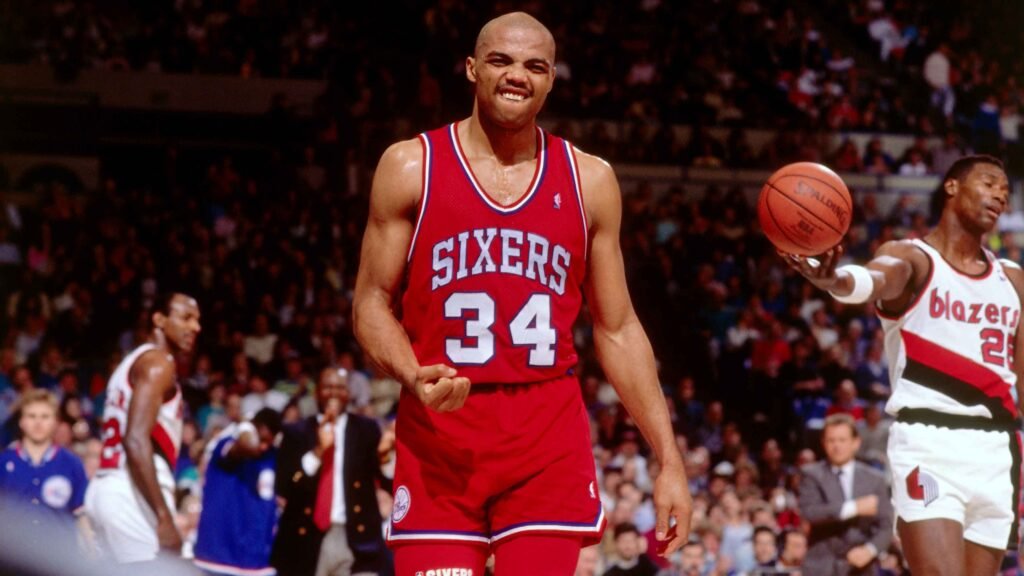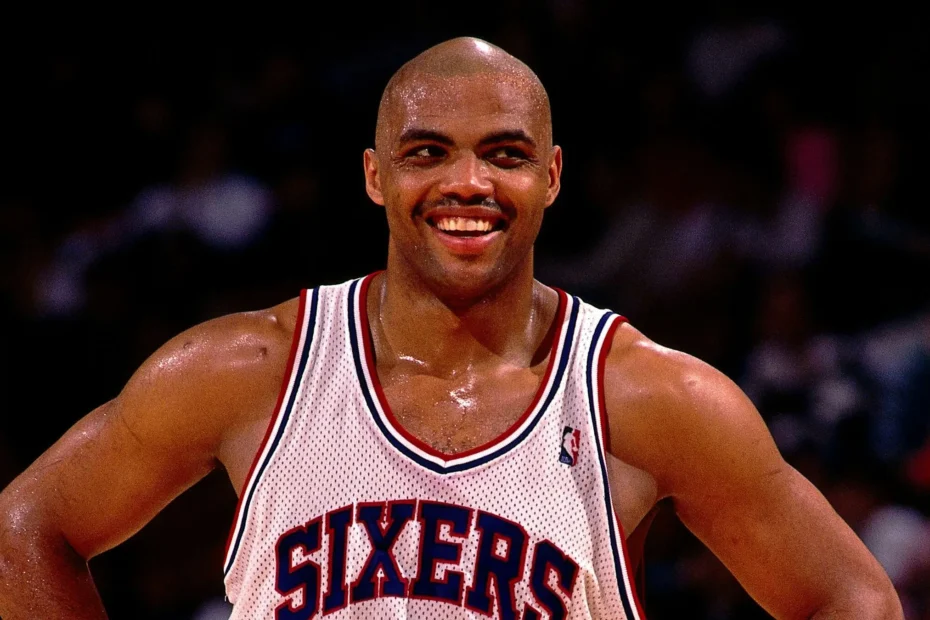Social Media Blunders and the Case of an NBA Star
Charles Barkley, a former NBA star turned commentator, recently expressed his disapproval of the social media behavior of an unnamed athlete. Barkley, known for his candid opinions, particularly highlighted the act of filming oneself, especially with firearms, as perplexing. He questioned the motive behind such actions and criticized the lack of discretion in sharing such content on social media platforms.
The athlete in question faced multiple suspensions, with the first incident leading to an eight-time suspension. Despite the consequences, the individual repeated the behavior a few months later. Barkley raised concerns not only about the athlete’s choices but also about the company they keep. He emphasized the importance of surrounding oneself with friends who prioritize one’s best interests, especially considering the potential financial loss associated with repeated suspensions.
The Issue of Age and Accountability
Barkley delved into the potential factors influencing the athlete’s behavior, considering their age, which he confirmed to be around 22 or 23. While acknowledging the influence of friends and age-related immaturity, Barkley remained firm in his stance that age should not excuse irresponsible behavior, particularly when it involves firearms. He underscored the unnecessary nature of filming oneself with guns and criticized the lack of judgment displayed in such actions.

Guns and Responsibility
The discussion pivoted to the topic of guns, with Barkley acknowledging that he, too, possesses firearms. However, he drew a clear distinction between owning a gun for personal safety and the ill-advised act of showcasing weapons on social media. Barkley expressed his belief in the right to bear arms but stressed the importance of responsible gun ownership, including refraining from flaunting firearms on public platforms.
Addressing the Fear Factor
Barkley opened up about his personal stance on guns, admitting that he feels safer having one but refrains from displaying it publicly. He shared insights from conversations with his bodyguard, a police officer, who advised against testing a gun’s efficacy on oneself. While acknowledging the role of guns in personal safety, Barkley emphasized the need for responsible handling and cautioned against the misguided display of firearms, especially on social media.
Racially Charged Rhetoric and Political Commentary
The conversation shifted to a more serious note as Barkley addressed a separate issue involving inflammatory remarks made by an individual. The individual in question faced criticism for stating that immigrants were “poisoning the blood of the country.” Barkley strongly condemned such rhetoric, labeling it as pseudo-racist and an attempt to instill fear. He expressed his disapproval of using divisive language against immigrants, Black people, Hispanics, Muslims, and even Jews.
Barkley acknowledged the need for immigration policy reform but rejected the notion that it justifies the use of racist language. He criticized the individual’s approach, which he viewed as an attempt to exploit people’s fears for political gain. Barkley expressed his refusal to support a candidate who engages in what he perceives as racist rhetoric, highlighting the importance of promoting unity and understanding in the face of divisive language.
Conclusion: Barkley’s Call for Responsible Behavior and Inclusive Discourse
Charles Barkley’s commentary reflects a call for responsible behavior, particularly in the age of social media, where actions can have far-reaching consequences. He emphasizes the need for discretion, accountability, and the importance of surrounding oneself with a supportive and responsible social circle. Barkley’s views on gun ownership underscore the delicate balance between personal safety and the responsible use of firearms.
Additionally, Barkley’s strong condemnation of racist rhetoric reflects a commitment to promoting inclusivity and rejecting divisive language. As a public figure, Barkley’s opinions resonate with a broad audience, and his stance against the exploitation of fear for political gain contributes to the ongoing dialogue about responsible discourse in public life.
In a world where social media can amplify both positive and negative behaviors, Barkley’s words serve as a reminder of the impact public figures can have on shaping attitudes and fostering a sense of responsibility, unity, and understanding
